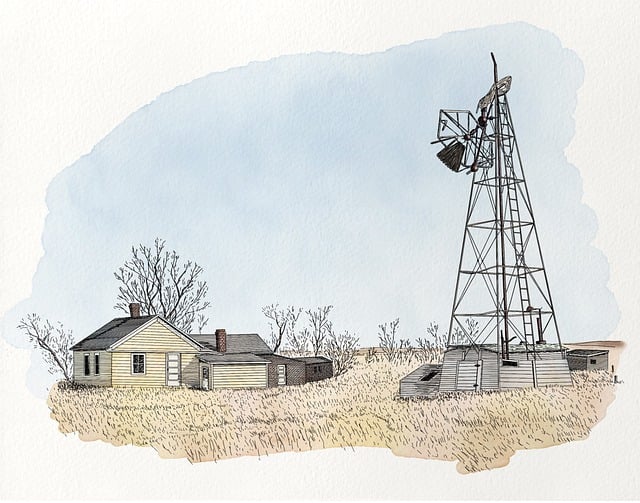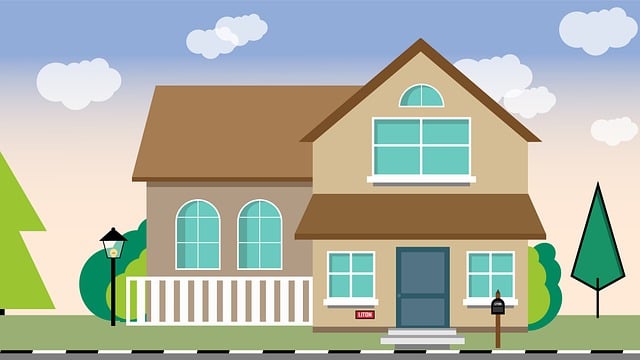House sitting is a mutually beneficial arrangement where homeowners can trust their homes and pets to dedicated sitters while they travel, ensuring security and property upkeep. This symbiotic relationship allows sitters to live rent-free in desirable areas and care for pets, gardens, or routines. Successful house sitters must be trustworthy, adaptable, and responsible, managing the property with diligence, including adhering to security measures, handling mail and utilities, and following specific pet care regimens. Platforms facilitating this service conduct thorough background checks and provide reference profiles to ensure both parties' safety and reliability. Prospective sitters must demonstrate a history of dependability, punctuality, and effective communication. They are also expected to be knowledgeable in local laws, emergency protocols, basic home repairs, and problem-solving. By fulfilling these responsibilities with care and attention, house sitters provide peace of mind to homeowners, showcasing the value of responsible pet and property stewardship through house sitting. This practice exemplifies the potential for positive outcomes when individuals engage in symbiotic relationships that benefit all parties involved.
consider the assurance that comes with trusted house sitters for your home’s sanctity and your pets’ well-being during your absence. This article delves into the nuances of house sitting, highlighting its benefits and outlining the responsibilities it entails. Discover key strategies to vet potential sitters, ensuring you leave your home and furry companions in reliable hands. Furthermore, for those interested in becoming a trusted house sitter, learn the essential skills, etiquette, and best practices to establish yourself as a dependable guardian of others’ spaces. ‘House Sitting’ serves as a cornerstone throughout, guiding both property owners and prospective sitters toward harmonious, secure, and trustworthy arrangements.
- Understanding House Sitting: Benefits and Responsibilities
- Vetting Potential House Sitters: Ensuring Peace of Mind for Home and Pet Owners
- The Comprehensive Guide to Becoming a Trusted House Sitter: Skills, Etiquette, and Best Practices
Understanding House Sitting: Benefits and Responsibilities

House sitting offers a mutually beneficial arrangement where homeowners can trust their properties and pets to responsible individuals, known as house sitters, in their absence. This service allows homeowners peace of mind that their home is being cared for while they travel, ensuring that their personal space remains secure and undisturbed. For house sitters, the opportunity presents a chance to live rent-free in desirable neighborhoods, care for pets, and sometimes even tend to gardens or maintain household routines, which can be a rewarding experience.
The responsibilities of a house sitter are comprehensive and require a commitment to duty. Sitters must adhere to a strict set of guidelines that include looking after the property, maintaining security protocols, managing mail and package deliveries, and ensuring that all utilities function properly. Additionally, house sitters are tasked with caring for pets according to the owner’s instructions, which may involve feeding, exercising, and providing necessary medication on time. This role demands a level of trustworthiness, adaptability, and responsibility, as house sitters act as temporary custodians of both the property and its inhabitants. Prospective house sitters should thoroughly understand these responsibilities to ensure a successful and positive experience for all parties involved. House sitting services are facilitated through various platforms that vet both homeowners and sitters to create secure and reliable matches, enhancing the trust and safety in this shared-housing economy.
Vetting Potential House Sitters: Ensuring Peace of Mind for Home and Pet Owners

When homeowners embark on a journey, whether for leisure or business, entrusting their abode and cherished pets to a house sitter becomes a pivotal decision. The peace of mind that comes from knowing one’s home is safeguarded and their pet cared for hinges upon the vetting process of potential house sitters. Conducting a thorough background check is paramount, ensuring that the chosen individual has no history of property damage or animal neglect. Online platforms specializing in house sitting often provide profiles with references from previous house-sitting engagements. These references serve as a testament to the sitter’s reliability and trustworthiness. Moreover, verifying identification documents, such as a driver’s license or passport, and cross-referencing them with provided contact information is essential for security.
In addition to background checks, it’s advisable to engage in a personal interview or video call to assess the sitter’s compatibility with the pet and the household. Discussing specific routines, care requirements, and any behavioral nuances that the pet exhibits during their owner’s absence helps ensure that the house sitter can manage effectively. Many reputable house sitting services also offer training for their members on how to handle various pets, which includes understanding common issues such as separation anxiety or dietary needs. This preparation equips them to provide exceptional care and contributes to a harmonious experience for both home and pet upon the homeowner’s return.
The Comprehensive Guide to Becoming a Trusted House Sitter: Skills, Etiquette, and Best Practices

House sitting is a mutually beneficial arrangement where a house sitter looks after a homeowner’s property and pets in their absence, often serving as a deterrent to burglars by maintaining a lived-in appearance. To become a trusted house sitter, one must possess a blend of skills and adhere to certain etiquettes and best practices. Firstly, reliability is key; prospective house sitters should demonstrate a history of punctuality and dependability. Secondly, excellent communication skills are essential for maintaining clear lines with homeowners about care expectations, schedule changes, and any issues that arise during the assignment. Additionally, trustworthiness is paramount, as it involves handling keys, access codes, and personal belongings. House sitters must also be proactive in property maintenance, including routine chores like watering plants, collecting mail, and ensuring that all systems are functioning properly.
Understanding local laws and regulations regarding pet care, property upkeep, and emergency protocols is crucial for a house sitter. They should also have a foundational knowledge of basic home repairs and maintenance to handle minor issues that may arise unexpectedly. Beyond the practical aspects, a house sitter should exhibit respect for the homeowner’s property by adhering to house rules, treating the residence with care, and safeguarding it from potential harm. Trusted house sitters are also adept at problem-solving and can remain calm under pressure, documenting any significant occurrences and promptly informing the homeowner. By combining these skills with impeccable etiquette and a commitment to best practices in house sitting, individuals can build a reputation as trusted stewards for homes and pets, ensuring peace of mind for property owners during their absences.
When entrusting your home and pets to house sitters, the peace of mind you gain is invaluable. As outlined in our discussion on understanding house sitting’s benefits and responsibilities, this mutual arrangement can offer a win-win scenario for both homeowners and sitters alike. Vetting potential house sitters is crucial to ensure that your property and pets are well cared for during your absence. Our comprehensive guide has provided essential insights into the skills and etiquette required to become a trusted house sitter, fostering trust and reliability in this unique role. By adhering to best practices and maintaining open communication, homeowners can rest assured that their homes and beloved animals are in capable hands. House sitting is not just a service; it’s a symbiotic relationship that benefits all parties involved, creating a secure and harmonious living environment for pets and a stress-free experience for homeowners who travel.

